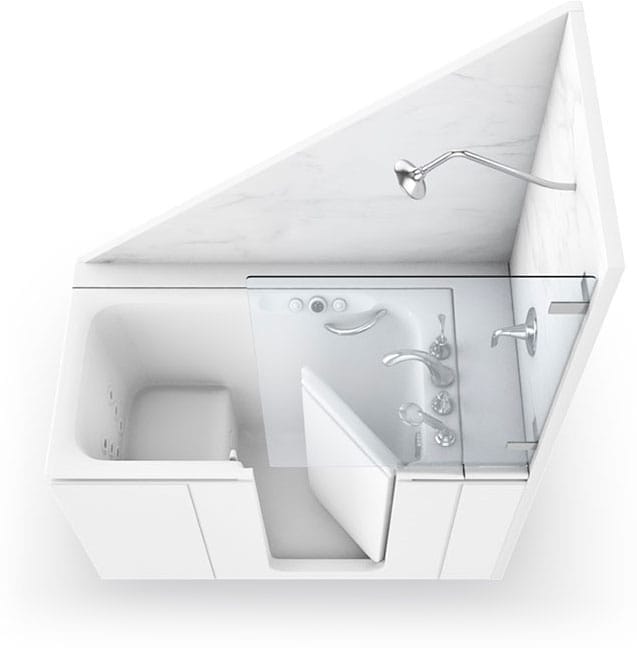
The number of older adults living with Alzheimer’s disease and other forms of dementia is higher than ever before. The Alzheimer’s Association reported that in 2022, 6.7% of adults age 65 and older are living with Alzheimer’s disease. They also estimate that by 2050, that percentage of the population is expected to climb to 12.7%.
When a person begins experiencing memory loss, it may be emotionally and physically challenging for the individual and their loved ones. Memory care can help a person with memory loss live safely, comfortably, and with the highest quality of life in a variety of settings.
What is memory care?
People with memory loss may experience cognitive and behavioral symptoms that make living alone unsafe. Some symptoms include forgetfulness, confusion, disorientation, agitation, and wandering or getting lost, among others. Memory care is a specialized form of senior care that helps people living with memory loss, such as Alzheimer’s disease and other forms of dementia, live safely and with the highest quality of life.
People who need memory care can access these services in a variety of residential settings. Not all, but some assisted living facilities and nursing homes provide memory care. Residents who receive memory care in these facilities may live in an area, floor, or wing that is designated to provide memory care. There are also stand-alone memory care facilities that are dedicated to serving only residents who need memory care.
In the very early stages of memory loss, memory care may take place at home. It is important that the adult and their families consult with a doctor to determine the safest and most suitable environment to receive memory care.
What does memory care provide?
The purpose of memory care is to support people with Alzheimer’s disease and other forms of dementia to live safely, comfortably, and with the highest quality of life. Professionals who provide memory care do not specialize in medical services. Rather, they are specially trained to help with daily activities of living while meeting the needs of people experiencing symptoms of memory loss.
Because memory care can take place in a variety of settings, the services may vary. Typically, memory care services focus on personal care and helping people with memory loss.
Common memory care services
- 24-hour supervision and assistance.
- Increased security to help residents if they wander or get lost.
- Three meals per day.
- Assistance with activities of daily living, like bathing, dressing, eating, toileting, and transferring/mobility.
- Housekeeping services (cleaning, laundry).
- Specialized and supervised activities.
- Transportation (to and from medical appointments).
A prospective long-term care facility that offers memory care or stand-alone memory care facility can meet with the family to discuss the prospective resident’s needs. At that time, the facility and family can develop a personalized care plan to meet their needs.
Paying for memory care
When you or your loved one determine that it’s time to have memory care, it can be a costly but necessary expense. There are many ways to pay for memory care. Personal funds, insurance policies, loans, and even extra benefits can help pay for home care services to help older adults get the care they need while living with memory loss.








